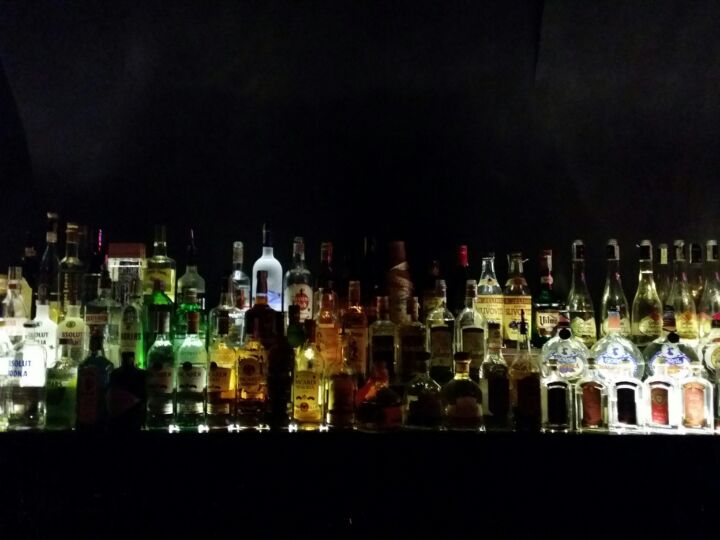Alcohol and Your Liver: Why No Amount Is Truly “Healthy”

The liver is your body’s detox powerhouse that is responsible for breaking down harmful substances, including alcohol. But that very process can cause significant harm when alcohol is consumed regularly or excessively.
Even in small doses, alcohol can stress the liver, and over time, repeated exposure can lead to serious health issues.

How alcohol affects the liver?
When alcohol is broken down in the liver, it produces a toxic compound called acetaldehyde, which can damage liver cells, cause inflammation, and weaken the body’s ability to repair itself. Over time, this can lead to conditions such as:
- Fatty liver: A buildup of fat in liver cells, often without symptoms.
- Alcoholic hepatitis: Inflammation of the liver, which can range from mild to severe.
- Cirrhosis: Permanent scarring of liver tissue, which can lead to liver failure.
The danger is that liver damage often develops silently. In the early stages, you might not notice any symptoms. But as the damage progresses, signs such as jaundice (yellowing of the skin or eyes), fatigue, swelling, or confusion can appear, often when it is already serious.
Is moderate drinking really safe?
The current guidelines often define moderate drinking as up to one standard drink per day for women and up to two for men. A standard drink typically contains 10g of pure alcohol, which is equivalent to:
- 330ml of beer (5 per cent alcohol)
- 100ml of wine (15 per cent)
- 30ml shot of spirits (40 per cent)
While some studies suggest that moderate red wine consumption might offer heart health benefits due to antioxidants like resveratrol, these same compounds are also found in healthier sources like grapes, berries, nuts, and leafy greens. So, any potential benefits do not outweigh the risks alcohol poses to liver health.
Healthier mixers: If you do choose to drink
If you are going to enjoy a drink, what you mix it with matters. Some mixers add unnecessary sugar, calories, and chemicals that make alcohol even harder on your body. Here are some better options you can consider:

Smarter mixers
- Soda or sparkling water (no sugar, adds fizz)
- Fresh citrus juice (lemon or lime)
- Unsweetened coconut water
- Cold-brewed tea (e.g. hibiscus, green tea)

Mixers to avoid
- Tonic water (often high in sugar)
- Soft drinks (coke or ginger ale)
- Energy drinks (can overstimulate and dehydrate)
- Sweetened fruit juices and syrups
Tips for healthier drinking
- Add plenty of ice: Helps you drink slower and dilutes the alcohol slightly.
- Use one mixer: Avoid sugar overload by sticking to a single low-sugar option.
- Flavour naturally: Fresh herbs (mint, basil), ginger, or citrus can add taste without the extra sugar.
- Stay hydrated: Drink water between alcoholic beverages to protect your liver and reduce hangover symptoms.
There is no “safe” amount of alcohol for liver health, as it only lowers risk levels. While moderate drinking may not cause immediate harm for most healthy adults, even small amounts place an extra burden on the liver. If you choose to drink, be mindful of your intake and what you mix it with. Your liver will thank you.





